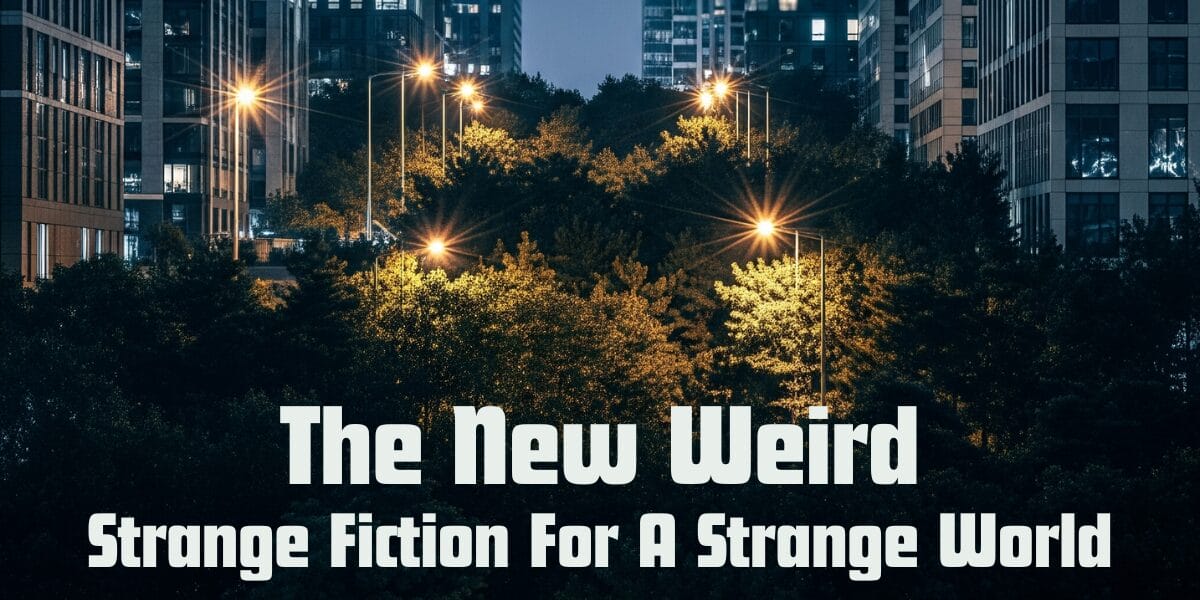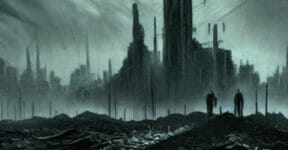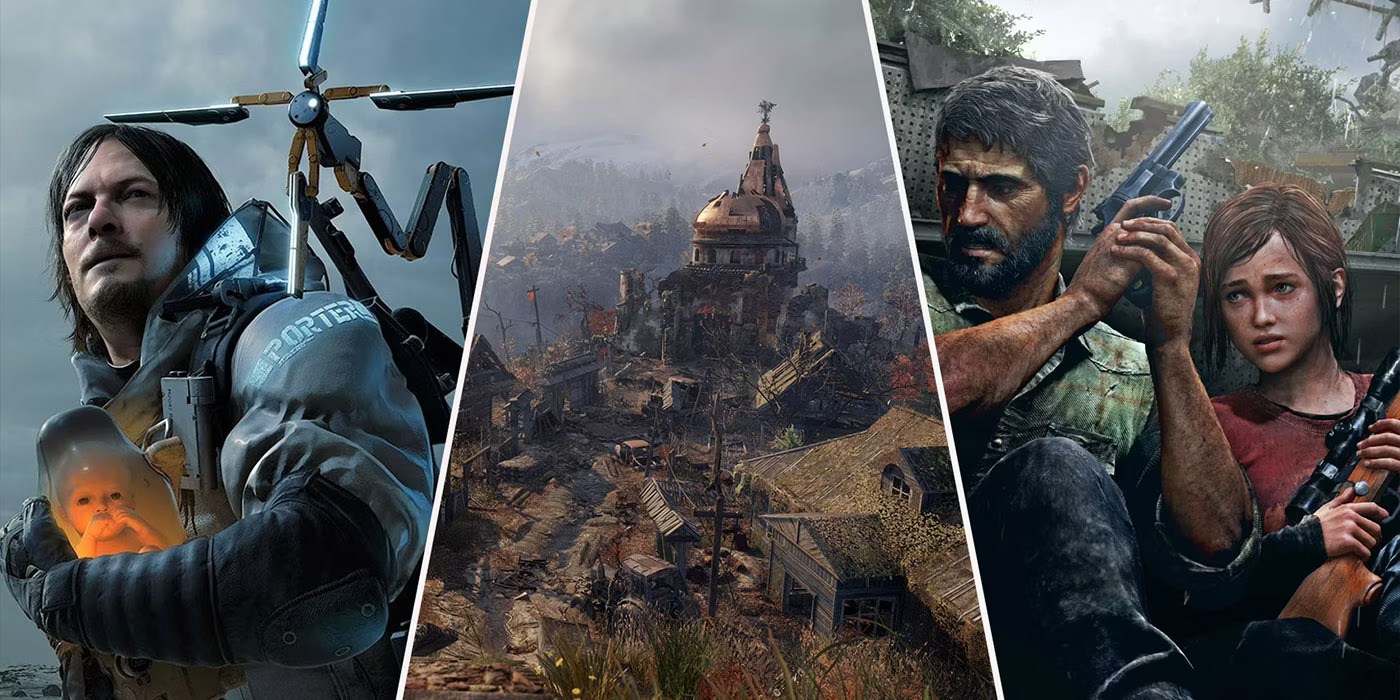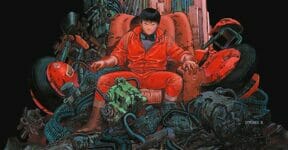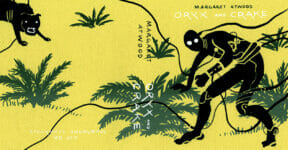New Weird fiction is a genre that delights in the strange, the surreal, and the unsettling—but what exactly is it, and why is it having a moment right now?
Now and then, a genre wanders in from the wilderness, wild-eyed and hard to pin down. It doesn’t introduce itself properly. It doesn’t follow the rules. It just sits down at the table, helps itself to your biscuits, and starts telling stories about gods that live in basements and cities that grow like mushrooms.
They’re not quite horror. Not quite science fiction. Certainly not your standard high fantasy, either. But they’re all of those things, and something else besides.
They call it New Weird.
If that name makes it sound like some avant-garde art movement from a Parisian café in 1923, well — it’s not far off. This is fiction that wriggles out of neat categories. It’s speculative, it’s surreal, and it delights in unsettling you. Sometimes it’s grotesque. Often it’s beautiful. Always, it’s a bit odd.
In the coming paragraphs, we’ll attempt the fool’s errand of defining it. We’ll explore where it came from, who’s writing it, and why so many readers are finding themselves strangely compelled by stories that refuse to colour inside the lines.
Bring a torch. It gets murky.
- 🧠 So What Is the New Weird?
- How Is New Weird Different?
- 📖 A Few Notable Titles (For the Brave and Curious)
- 🕰️ Where Did It Come From?
- 🏗️ Why Does It Matter?
- 🧳 Ready to Get Weird?
- 🔍 Are These New Weird or Just… Weird?
- People Also Ask: New Weird Edition
- 🎩 Final Thoughts (and a Bit of Advice)
- 🪐 Still Feeling a Bit Weird?
- 📚 Fancy more strange stories, curious critters, and sci-fi oddities?
🧠 So What Is the New Weird?
If traditional fantasy is Tolkien and sci-fi is Asimov, New Weird is more like China Miéville on a particularly intense day. It’s speculative fiction’s unruly cousin — the one who reads Kafka, watches The Thing, and keeps a Lovecraft paperback in their coat pocket “just in case.”
The New Weird blends fantasy, horror, and science fiction, but not in the polite, well-mannered way that shelves them neatly. It mixes genres until they’re barely recognisable, builds worlds that feel lived-in but wrong, and populates them with characters who are often just as baffled as the reader.
Think:
- Decaying cities that breathe.
- Monsters who might be the good guys.
- Magic that smells faintly of petrol and bureaucracy.
The stories tend to be dark, dense, and surreal — and they rarely tell you what to think. You’re left to wander, wonder, and occasionally wince.
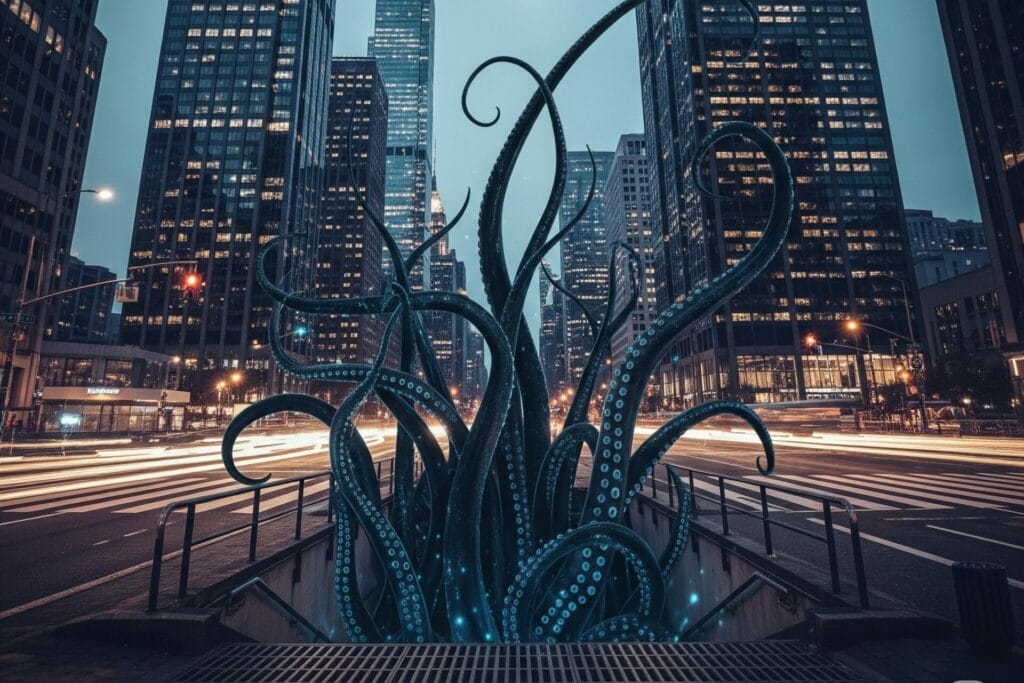
How Is New Weird Different?
Alright, now this is where things get interesting. You might be wondering, isn’t Weird Fiction and New Weird just the same thing with a fancy new label? Not quite. They’re cousins, sure, but they’ve got some key differences worth chewing on.
Let me break it down for you:
- Weird Fiction often wears its gothic hat—think Lovecraft and all that spooky, pulpy atmosphere. It leans hard into horror, with monsters and dark secrets lurking in every shadow.
- New Weird? Well, it’s more like Weird Fiction’s rebellious grandkid. It dials down the straight-up horror and cranks up the strange, uncanny stuff until you’re not sure what’s real or not. Sometimes the weirdness replaces the scare factor entirely.
- Weird Fiction usually sticks to blending fantasy, horror, and speculative fiction in a somewhat familiar recipe.
- New Weird likes to mix things up—throwing sci-fi, surrealism, and even political ideas into the stew. You might find characters who feel lost, vulnerable, or downright bewildered by their bizarre worlds.
- While Weird Fiction often tries to patch up or explain old horror tropes, New Weird just says, “Nah, let’s shake it all up and see what falls out.”
So yeah, New Weird isn’t just about weird for weird’s sake—it’s weird with a twist of modern complexity, making you think and feel something new.
📖 A Few Notable Titles (For the Brave and Curious)
- Perdido Street Station by China Miéville – Often called the granddaddy of New Weird (though I suspect he’d bristle at that), this novel drags you through the industrial grime of New Crobuzon with sentient insect people, mad science, and horrors that live just outside your peripheral vision. It’s a beast. Bring snacks.
- Annihilation by Jeff VanderMeer – Mysterious government expeditions, vanishing boundaries between the natural and the unnatural, and a healthy dose of “what on earth is going on?”
- City of Saints and Madmen by Jeff VanderMeer again – Not so much a novel as an archive of strange documents, myths, and footnotes. Imagine Borges meets Lovecraft meets a filing cabinet in a haunted library.
- The Library at Mount Char by Scott Hawkins – Not everyone agrees this is New Weird, but frankly, it’s weird enough to deserve an invite. Cosmic violence, ancient knowledge, and found-family dysfunction? Delightful.
🕰️ Where Did It Come From?
New Weird isn’t new in the literal sense. Its roots run deep — you can trace them back to Weird Fiction of the early 20th century. Think Lovecraft, Robert Aickman, or M.R. James, who wrote stories that crept up on you sideways and left cold fingerprints on your spine.
But while Weird Fiction often built its horror on the unknowable and the alien, New Weird is more likely to explore what’s been twisted from within — systems, bodies, cities, minds. It’s also more political, more self-aware, and generally uninterested in rescuing the damsel.
It really gained steam in the early 2000s, when authors like Miéville and VanderMeer burst onto the scene with worlds that felt grimy, unpredictable, and intellectually sharp. They didn’t care about market categories — they just wrote what they wanted. And readers, it turned out, wanted it too.
🏗️ Why Does It Matter?
We live in strange times. The boundaries between real and unreal, fact and fiction, are blurrier than ever. Climate anxiety, AI ethics, late-stage capitalism — all of it feels a bit too much. And when the world starts to resemble fiction, maybe it’s no wonder our fiction gets stranger too.
New Weird doesn’t offer comfort. It doesn’t hand you a moral or tell you what to root for. But it does reflect the complexity of modern life — with all its discomfort, absurdity, and awe.
You might not understand everything. But you’ll feel it in your bones.
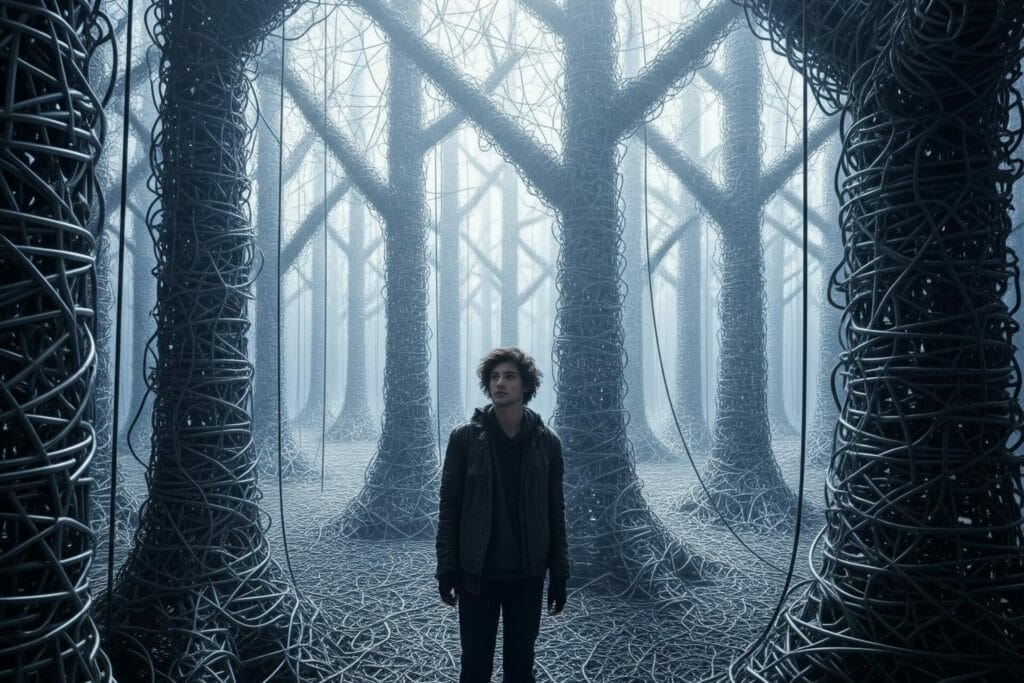
🧳 Ready to Get Weird?
You don’t need to understand it all — you just need to be curious. If you’ve ever picked up a book and thought “What in the name of haunted kettles is going on here?”… you might already be halfway into the New Weird.
💬 Heard of a book that gave you that delicious, eerie feeling?
📚 Read something that broke your brain a little (in a good way)?
Come share your favourites — or your confusion — with us. No tests. No pressure. Just one big, squid-adjacent book club.
🔍 Are These New Weird or Just… Weird?
Here’s your odd little checklist. No grades, just vibes.
| Title | Definitely New Weird? | Hmm… Maybe? | Just Plain Odd |
|---|---|---|---|
| The City & The City – China Miéville | ✅ | ||
| The Seventh Seal (film) | ✅ (but glorious) | ||
| House of Leaves – Mark Z. Danielewski | ✅ | ✅ | |
| The Southern Reach Trilogy – Jeff VanderMeer | ✅ | ||
| The Lobster (film) | ✅ | ✅ | |
| The Library at Mount Char – Scott Hawkins | ✅ | ||
| Ghostbusters | ✅ (and we love it) |
Got your own contender for the “is this New Weird?” list?
Send it our way — we’ll add it to the chart and make a pot of tea while we argue about it.
People Also Ask: New Weird Edition
Before we wrap things up, let’s tackle some of the most common questions people are asking about New Weird fiction and its most well-known author, Jeff VanderMeer. Whether you’re new to the genre or just trying to make sense of the strange and surreal stories it offers, these quick answers will help you get your bearings.
🤔 What is an example of New Weird?
A classic example of New Weird fiction is Perdido Street Station by China Miéville. It blends fantasy, horror, sci-fi, and political themes into a strange, sprawling world full of insectoid artists, sentient constructs, and unspeakable monsters. It doesn’t follow the usual genre rules — and that’s the point. Other good picks include Annihilation by Jeff VanderMeer and The Library at Mount Char by Scott Hawkins.
🧬 What genre is Jeff VanderMeer?
Jeff VanderMeer is often described as a New Weird author, but his work spans several genres. His writing mixes ecological science fiction, psychological horror, and speculative weirdness. You’ll find themes like environmental collapse, identity, mutation, and surreal transformation running through his work. He’s also been called a pioneer of eco-fiction and bio-horror.
🎥 What movie is based on Jeff VanderMeer?
The 2018 film Annihilation, directed by Alex Garland and starring Natalie Portman, is based on VanderMeer’s novel of the same name. It’s a trippy, unsettling adaptation that captures the novel’s mood more than its literal plot — think body horror meets alien ecosystems meets existential dread. It’s a New Weird film, for sure, even if Hollywood didn’t market it that way.
📚 Is Absolution by Jeff VanderMeer a prequel?
Yes, Absolution is a prequel to Annihilation. It’s set in the same world (known as Area X) and dives into the backstory of the Southern Reach agency and the characters who are trying — and mostly failing — to make sense of the strange phenomena in the zone. It’s a good entry point if you want more of the mystery behind Annihilation, but in a more grounded, bureaucratic horror sort of way.
🚀 What is the book Dead Astronauts about?
Dead Astronauts is one of VanderMeer’s most experimental novels. It’s set in the Borne universe (his earlier post-apocalyptic novel), but things get much weirder here. The story follows three characters — the titular astronauts — as they traverse a broken, multi-timeline Earth controlled by a mysterious biotech company. Expect poetic structure, shifting realities, mutated creatures, and very little hand-holding. It’s New Weird with a capital W.
🎩 Final Thoughts (and a Bit of Advice)
New Weird isn’t for everyone — and that’s perfectly all right. If you like your narratives neat and your monsters clearly labelled, you may want to sit this one out. But if you’re willing to get a bit lost, if you enjoy wondering whether the city you live in is dreaming of you while you sleep, you just might find something wonderful.
And if a book ever asks “Are you sure this world is real?” and you find yourself hesitating — congratulations. You’ve entered the realm of the New Weird.
Now then, put the kettle on. We’ve got strange things to read.
🪐 Still Feeling a Bit Weird?
If you’re intrigued by slippery genres, strange stories, and fiction that refuses to sit in the right box—stick around. We’ve got plenty more coming from the odd corners of sci-fi, horror, and beyond.
Have a favourite New Weird book or theory of your own? Pop it in the comments or send us a telegram (or, you know, an email). We’d love to hear from you.
📚 Fancy more strange stories, curious critters, and sci-fi oddities?
Have a wander through our other sci-fi book articles — we’ve got space monks, time loops, sentient mushrooms, and everything in between. Go on, treat yourself to something weird and wonderful.

